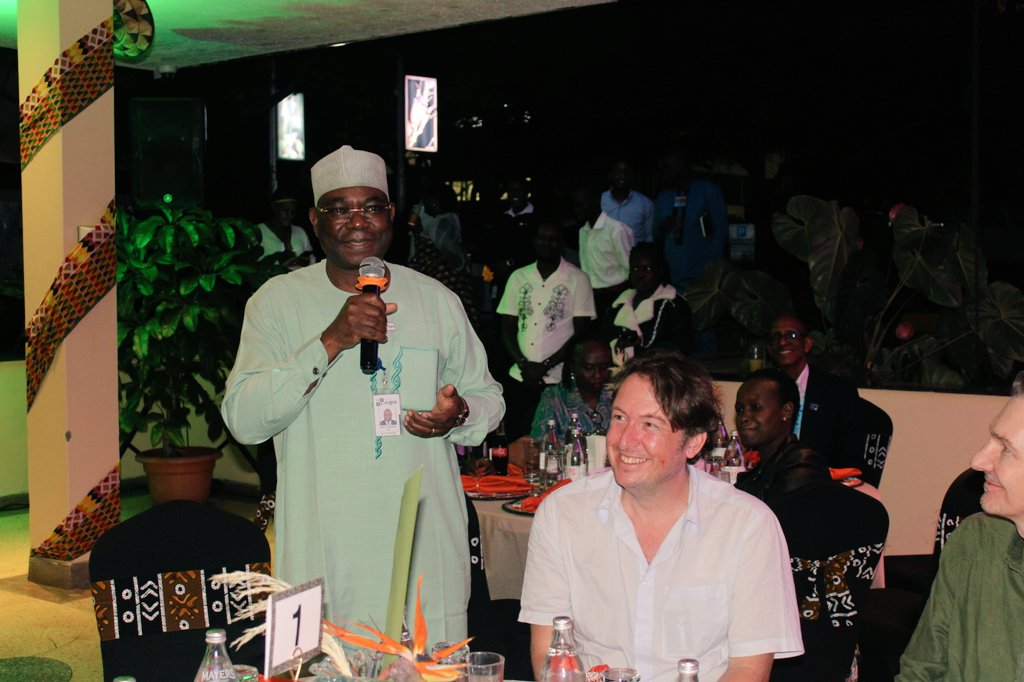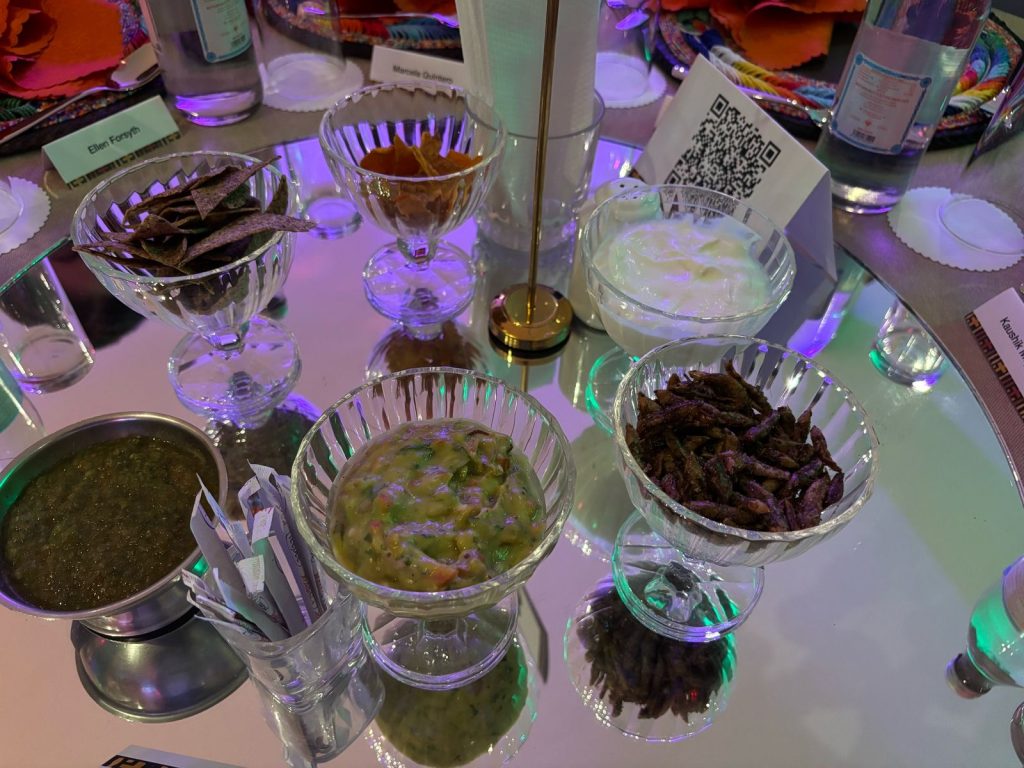The International Centre of Insect Physiology and Ecology (ICIPE) partnered with the Alliance of Biodiversity International and CIAT to present “Biodiversity Bites,” an innovative dining experience that blended science with gastronomy.
The dinner was held during CGIAR Science Week therefore showcasing how food innovations can address pressing global challenges. Guests sampled dishes featuring beans, rice, vegetables, bananas, and surprisingly, edible insects. Each course came with scientific insights about its role in transforming food systems.
“Food brings people together,” said ICIPE Director General Abduo Tenkouano. “When we share meals, we share ideas that can change the world.” He emphasized that insects represent more than just nutrition – they’re key to environmental health and job creation across Africa.

Scientists revealed compelling reasons to reconsider insects as food. Margaret Kababu, an ICIPE scientists, explained that some insects contain up to 70% protein more than beef or fish. “They’re packed with essential nutrients often missing in plant-based diets,” she noted, adding that insects require minimal resources to farm compared to livestock.
Despite their benefits, many still hesitate to eat insects. “It’s about overcoming unfamiliarity,” Tenkouano said, recalling his childhood eating insects. “Singapore already approved 16 species for restaurants – Africa shouldn’t wait to embrace this opportunity.”

The dinner also highlighted traditional leafy vegetables, which are making a comeback after being overshadowed by modern crops. Celine Termote from the Alliance explained these hardy plants thrive in poor soils and resist climate shocks better than commercial varieties.
“These vegetables contain nutrients we haven’t even identified yet,” Termote revealed. Research suggests they may help prevent diseases beyond their known vitamin content. Yet consumption remains low – Kenyans eat just 63kg annually versus the recommended 90kg.
The event demonstrated practical applications too. Insects can be ground into protein powder for fortified foods, while their waste makes excellent fertilizer. This creates circular economies that benefit smallholder farmers.
As climate change threatens food security, such innovations become crucial. The dinner sparked discussions about scaling these solutions globally while preserving biodiversity. “Insects sustain ecosystems,” Tenkouano emphasized. “Without them, we lose pollination and natural waste management.
This culinary experiment offered a recipe for addressing hunger, climate change, and biodiversity loss simultaneously.









